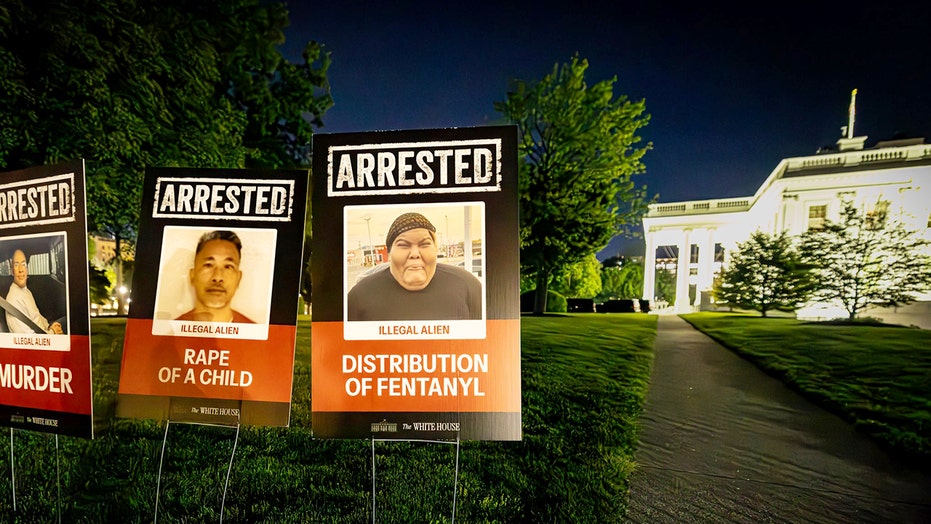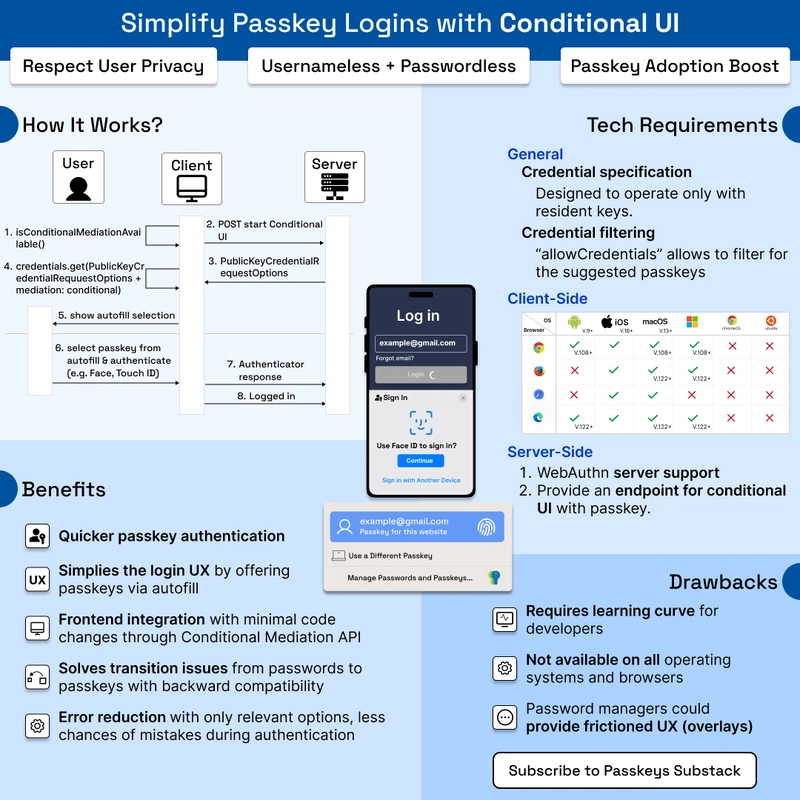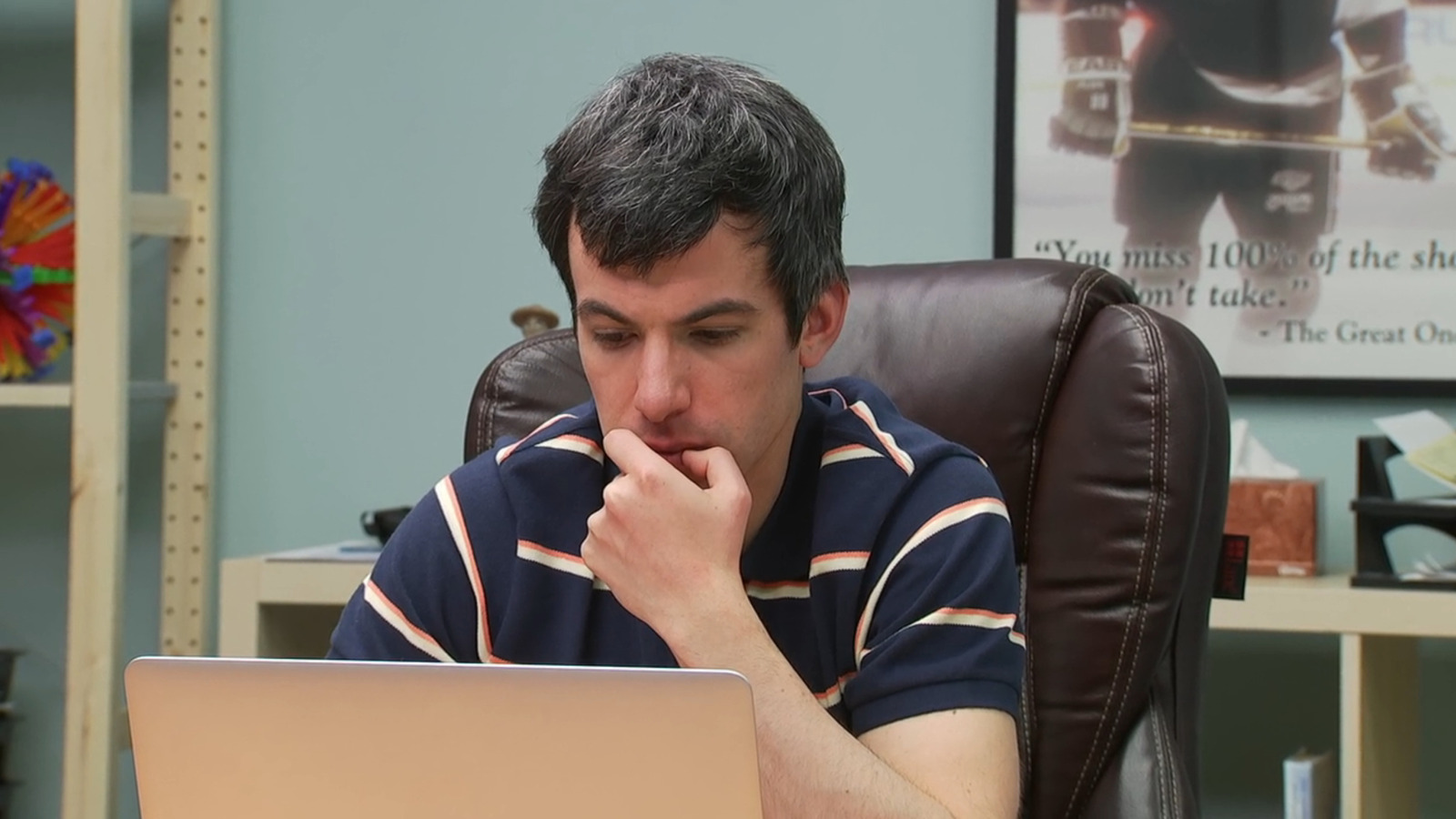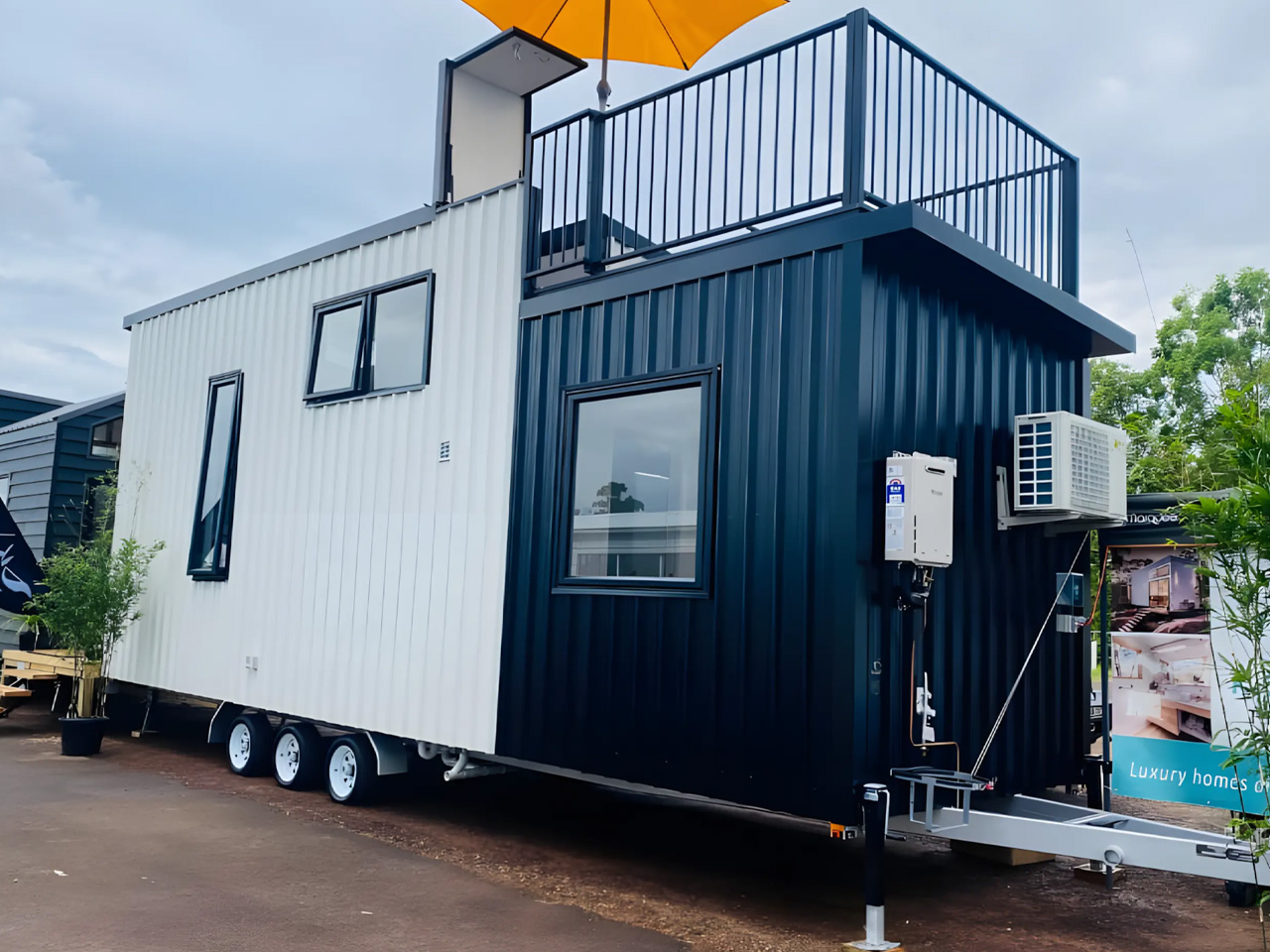Democrats dive into GOP districts, accusing Republicans of avoiding constituents
House Democrats are diving back into GOP districts to conduct town halls during the long spring recess, escalating an unusual tactic they’re hoping will help them win over battleground voters. The gambit — aimed at districts held by Republicans facing tough reelection contests — was initiated after House GOP leaders advised Republican lawmakers not to meet face-to-face...

House Democrats are diving back into GOP districts to conduct town halls during the long spring recess, escalating an unusual tactic they’re hoping will help them win over battleground voters.
The gambit — aimed at districts held by Republicans facing tough reelection contests — was initiated after House GOP leaders advised Republican lawmakers not to meet face-to-face with voters in large, public forums amid the outcry over President Trump’s efforts to remake Washington.
In March, a handful of Democrats ventured into GOP districts to stage town halls put on by grassroots activists and local party affiliates. They’ve expanded the effort this month, using the two-week holiday break to visit Republican-held districts in states spanning from coast to coast.
Sen. Bernie Sanders (I-Vt.) and Rep. Alexandria Ocasio-Cortez (D-N.Y.) have gained the most attention as they traverse the country on the “Fighting Oligarchy” tour, which launched in March. In recent days the pair has barnstormed through Republican strongholds in the West, including stops in Montana, Utah and Idaho, attracting large crowds in the process.
But they’re hardly alone. On a smaller scale, individual House Democrats — some coordinating with the Democrats’ national campaign arms, others not — are also hopping into Republican territory to take their anti-Trump arguments directly to voters. A large part of the message is calling out GOP lawmakers for declining to conduct similar public events.
“Republicans shouldn’t be hiding from their constituents,” Rep. Ro Khanna (D-Calif.) said Friday in an email.
Khanna staged public forums in three GOP-held districts in California in March, and he’s planning to travel much further this week for two similar events in districts represented by GOP Reps. Tom Kean Jr. in New Jersey and Adrian Smith in Nebraska.
“Americans want answers about threats to critical programs like Social Security and Medicaid,” Khanna said. “Democrats should be showing up in these communities — not just to listen, but to organize with local leaders and residents.”
In Arizona, Rep. Greg Stanton (D) has similar ideas. Last week, he joined several other high-profile Democrats — including former Rep. Gabby Giffords (Ariz.) and Sens. Mark Kelly (Ariz.) and Cory Booker (N.J.) — for a town hall in a part of Tucson represented by GOP Rep. Juan Ciscomani, who is a Democratic target in 2026.
“Too many Republican Members of Congress are motivated by one thing: fear of Donald Trump,” Stanton told the audience. “We are here to send a message — you might want to change that political calculus.”
The idea is not only to make inroads with moderate Republican and independent voters, but also to ensure frustrated Democrats in those districts that they aren’t backing down from Trump’s flood-the-zone strategy.
A week ago, Rep. Greg Casar (D-Texas), the head of the Congressional Progressive Caucus, staged an event in the district of Rep. Michael McCaul (R-Texas). On Thursday he’ll venture further afield to the region represented by Colorado Rep. Gabe Evans (R).
Rep. Mark Pocan (D-Wis.) is in on the effort. On Tuesday, he’ll hop into the neighboring district represented by GOP Rep. Derrick Van Orden (Wis.) for an event in La Crosse. And on Thursday, Rep. Maxwell Frost (D-Fla.) will meet voters in a district of central North Carolina represented by GOP Rep. Richard Hudson, the chair of the Republicans’ campaign arm.
The aggressive outreach has taken flight since a closed-door meeting of the House GOP conference in early March, when Hudson advised House Republicans to avoid town halls in their districts.
The guidance came on the heels of several Republican town halls where GOP lawmakers faced crowds of people infuriated with the efforts of Trump and Elon Musk, the world’s wealthiest person, to gut the federal government and the services it provides. Videos of those clashes quickly went viral online.
Republican operatives have downplayed the significance of the protests, saying the outrage has largely been manufactured by liberal activist groups that have encouraged their members to attend — and disrupt — the GOP forums. Republicans are also quick to note that Democrats have faced troubles during town halls in their own districts, where frustrated Democratic voters have accused the lawmakers of letting Trump run wild without a fight.
With that in mind, Republicans contend, the Democrats’ town hall strategy is merely an effort to distract from their own internal differences, including a recent episode in which a vice chair of the Democratic National Committee vowed to dedicate millions of dollars toward ousting incumbent lawmakers of his own party.
“Democrats are trying to stage another round of political theater, but now they’re stuck dealing with their own internal meltdown,” Mike Marinella, spokesperson for the National Republican Campaign Committee, said Friday. “It’s an egg-on-the-face moment for a party that can’t even get its own house in order — let alone sell their failing message to voters.”
Still, there’s evidence that voters are souring on Trump’s early moves in office, including efforts to eliminate entire federal agencies and a blanket tariff policy that thrashed the stock market. Democrats are hoping to exploit that unrest — and make life as tough as possible for vulnerable Republicans in the contested districts that will decide which party controls the House in the final two years of Trump’s second term.
“It’s incredibly telling that House Republicans are afraid to face their own communities,” Viet Shelton, spokesperson for the Democratic Congressional Campaign Committee, said Friday in an email. “They’re hiding because they know taking away people’s health care, making everything more expensive, and giving tax breaks to the ultra-wealthy is not popular!
“If Republicans refuse to listen to their voters, then we will,” he continued. “And what we’ve been hearing loud and clear across the country is simple: voters are tired of Republicans’ broken promises and are ready for a change.”










































































